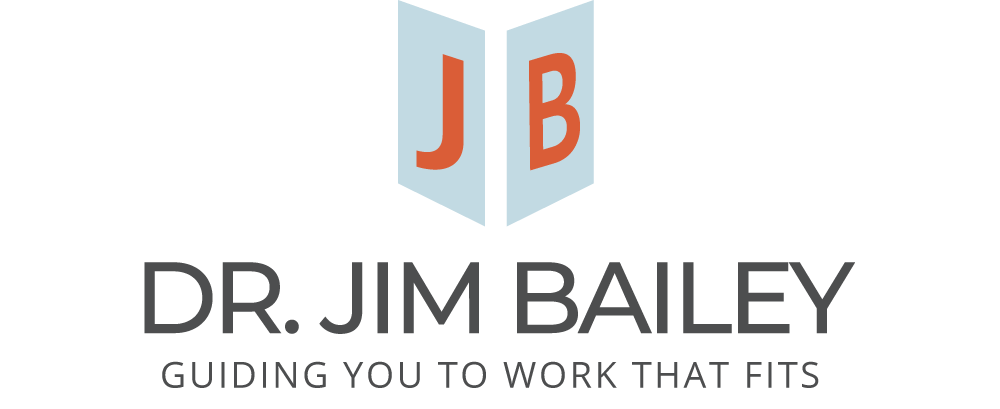Why I do this work
The message I received from Jack was totally unexpected.
I had written him an email asking for his help in my pursuit of a particular life goal. Although we had been friends for years, we had gotten to know each other well when I provided Career Coaching for his daughter. The high point came when I sat down with he and his wife over lunch to share what she and I had learned about her work fit, her life aspirations, and the unique strengths and challenges she brings to her pursuit of those.
It’s something of a standard practice I have when I’m working with a high school or college student. Like any good counselor, I hold any of the details they share about themselves, their family, or their life in strictest confidence. But, I always offer a student the chance for me to sit down with their parent(s) and explain the reports I’ve written about them and the strategy we’ve come up with to help them achieve their goals. It puts every one “on the same page” by giving them a shared way of talking about who they, the best ways for them to get to their goals, and the things they need to be aware of or avoid on the way.
In Jack’s case, his daughter’s personality, work style, and life aspirations made her occupational fit unique, but there were also other considerations that he and his wife needed to consider about their daughter’s vocational future. Jack’s daughter struggled with a couple of learning disabilities. When considering her future work he had to understand more than what work best suited her, her also needed to think about long-term planning related to the type of work she could do, the unique job search strategies they would need to use when she sought work, and even implications for her living situation and adult life.
Although those kinds of considerations aren’t common when I work with students, or adults, they happen often enough that I feel confident when they do. My background in mental health, training as a researcher, and even time as headmaster at a children’s home have given me skills and knowledge I never anticipated intersecting in my work, but in these situations they’re very useful. Ironically, it seems that even parenting my own kids makes me a better counselor to students and their parents when they’re trying to make the right steps toward adulthood.
So, what did Jack’s message say? “Thanks again for your work with Susan. She’s working part-time in the office of __________ - where it has a small, family-like atmosphere, and we’ve set up an apartment for her in our basement. Everything you suggested. She’s very happy.”
I rarely receive messages like this from past clients, but when I do it reminds me of why I began my practice.

